
Healing Herbals
Blue Lotus Flower (Thai/Star)
Blue Lotus Flower (Thai/Star)
Couldn't load pickup availability
Blue Lotus Loose Leaf – Ethically Harvested (Sri Lanka)
Product Description
Our Blue Lotus Loose Leaf Tea (Nymphaea nouchali) is sourced from ethically harvested Sri Lankan flowers. Each batch features whole blossoms with vibrant petals, carefully dried to preserve their natural character.
History
Blue Lotus holds a long history of reverence, notably in ancient Egyptian culture, where it was often infused into wine during ceremonial gatherings. Across traditions, the flower has been appreciated for its symbolic connection to clarity, renewal, and spiritual exploration.
Ingredients
- 100% Blue Lotus Flower (Nymphaea caerulea)
FDA Disclaimer
This product is not intended to diagnose, treat, cure, or prevent any disease. For educational and botanical purposes only.
Share
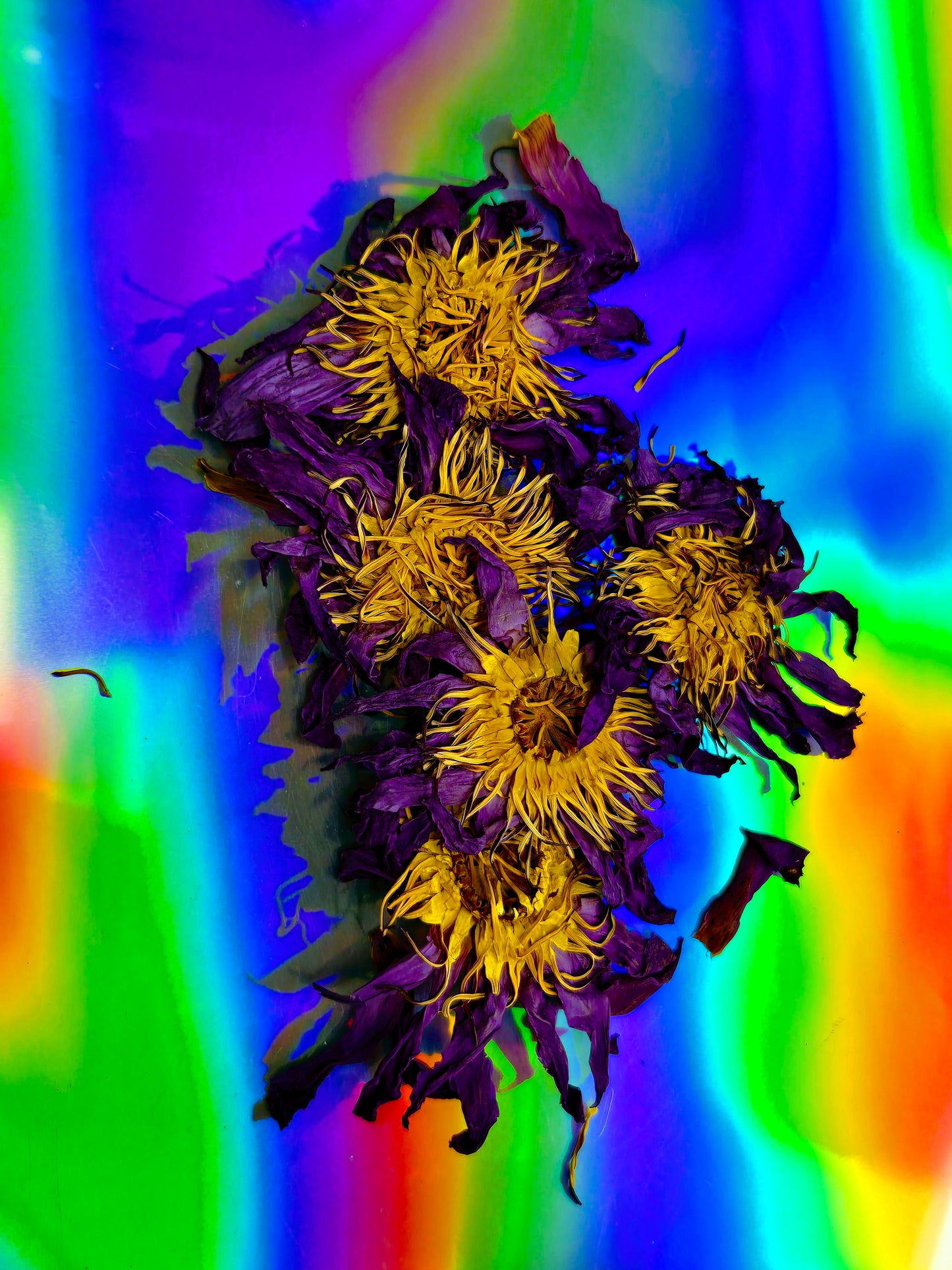
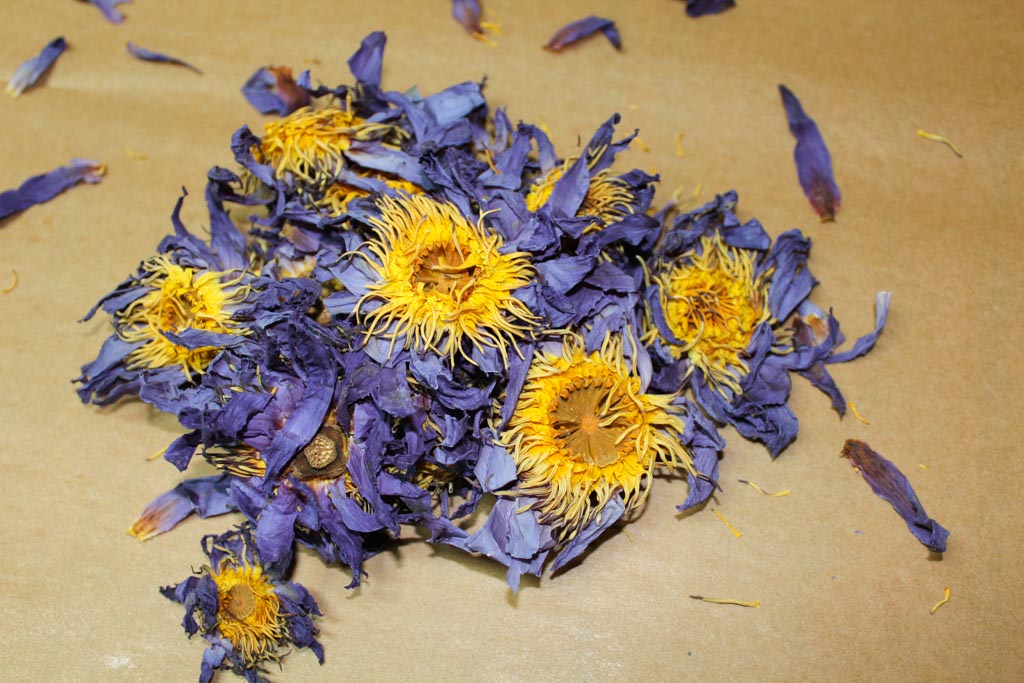
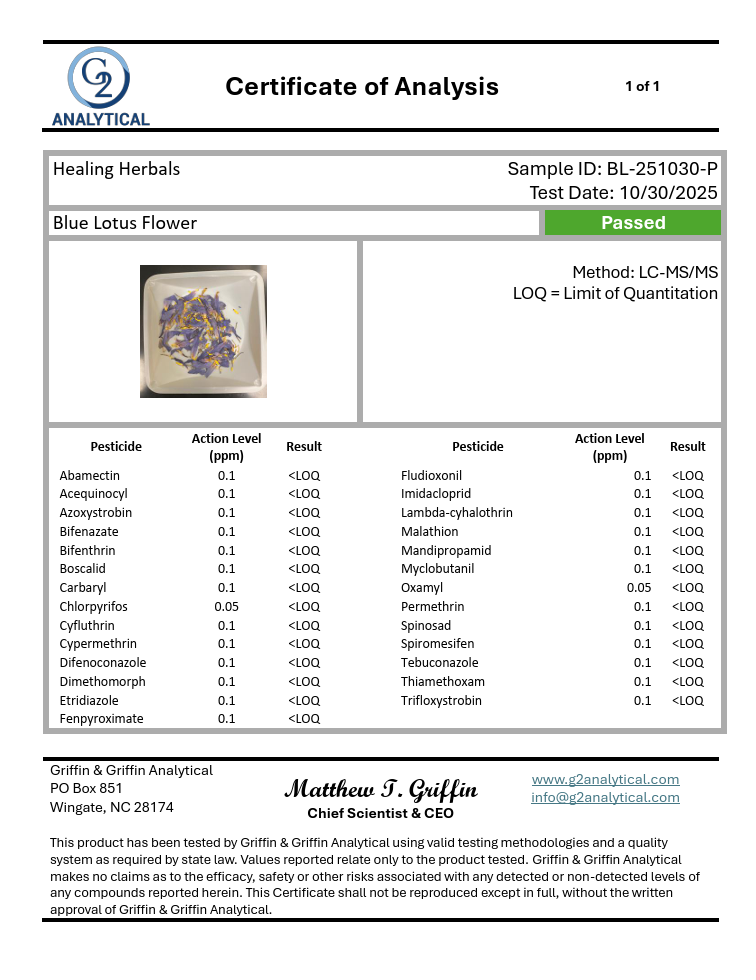
This was my first time experimenting with Blue Lotus flower. I steeped 2 grams of Blue Lotus flowers in a cup of hot water for 15 minutes. I strained the tea and started to sip. It was amazing. The flavor was very good and potent with alkaloids. I began to feel the effects after 15 to 20 minutes. 1 cup had me feeling very lifted and euphoric and had a strong aphrodisiac effect. I proceeded to smoke a few hits of the flower out of a pipe. The effects were immediate, euphoric, and had an excellent flavor. I am extremely satisfied with the quality of the flowers. I slept amazing and had vivid peaceful dreams. I feel relaxed the following day. Thank you. I highly recommend to anyone looking for a relaxing, euphoric, potent experience.
I haven't tried it yet because I screwed up my own address lol. Company reached out immediately upon me posting this review to reconcile and told me my address was invalid, so we caught the error. Fantastic customer service. Final star will be added when product arrives and I can try it.
Tldr: honest and responsive seller, haven't tried product yet due to error in address.
been smoking and making tea with this for about a 2 years now, its been my favorite herb and this store is the best place to get it
Blue Lotus Loose Leaf Tea
For over a decade I stopped trying to use blue lotus. Back when k2 was legal, my local smoke shop was selling little jars of what looked like xanax bars but I felt nothing and just thought it was over hyped. I was totally wrong though. I've both smoked the lotus and made many cups of strong tea and both ways work but personally i prefer the tea. It's kind of hard to describe. It's very relaxing but at the same time gives me a coke like buzz without all the negative effects and also lasted much longer. I'd recommend it to anyone with anxiety or insomnia. Also to the psychonauts lol. Drinking or smoking this while tripping it makes the trip much more interesting. Overall I love it and want to thank the people from this store that communicated with me and whoever grew these amazing flowers.
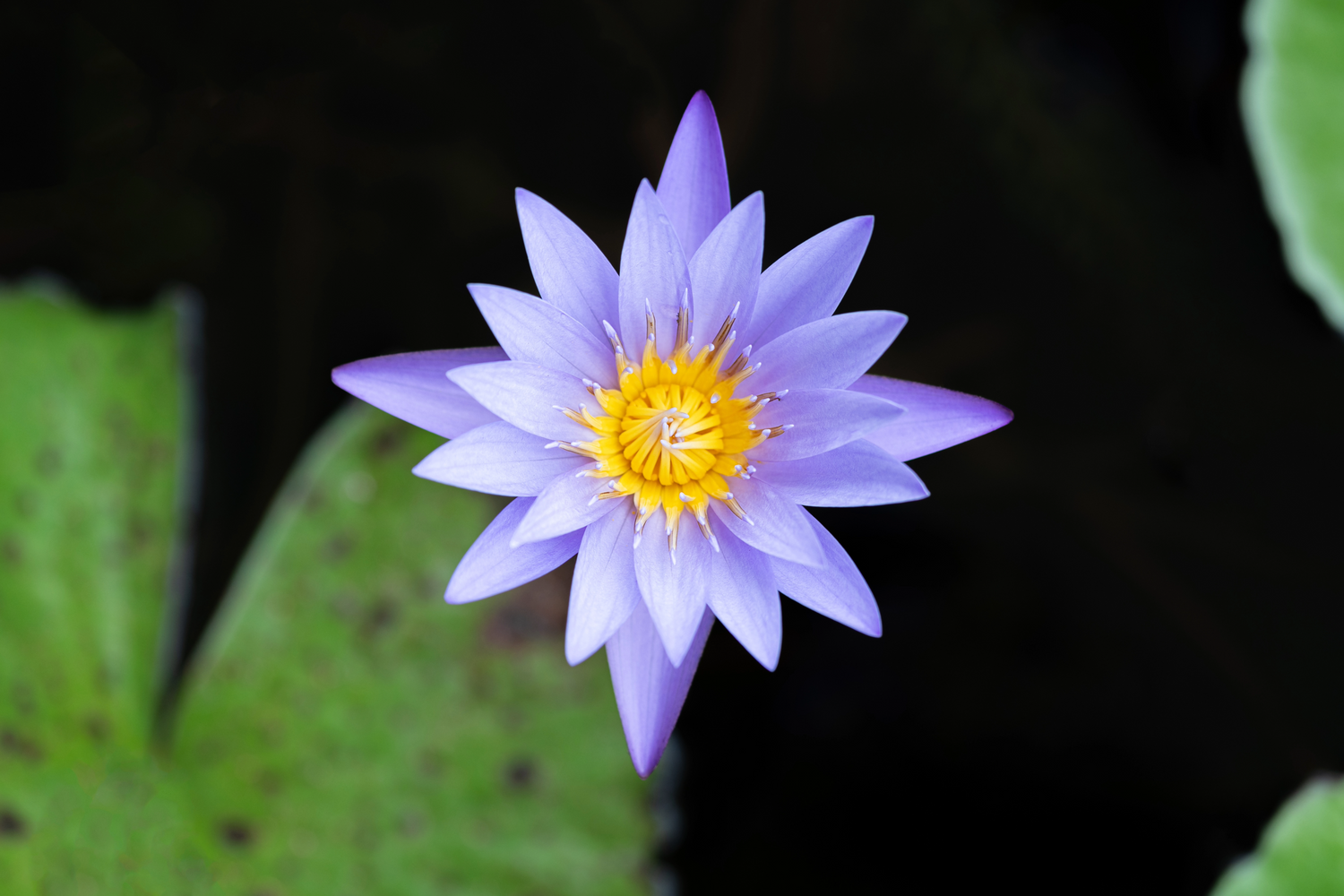
Blue Lotus and Quality
Healing Herbals works closely with small family lotus farms and through sustainable and ethical sourcing of Nymphaea caerulea. Our sources always grow organically, avoiding heavy synthetic fertilizers. Our blue lotus flowers come from well-managed farms or sustainably maintained wild ecosystems on private lands.
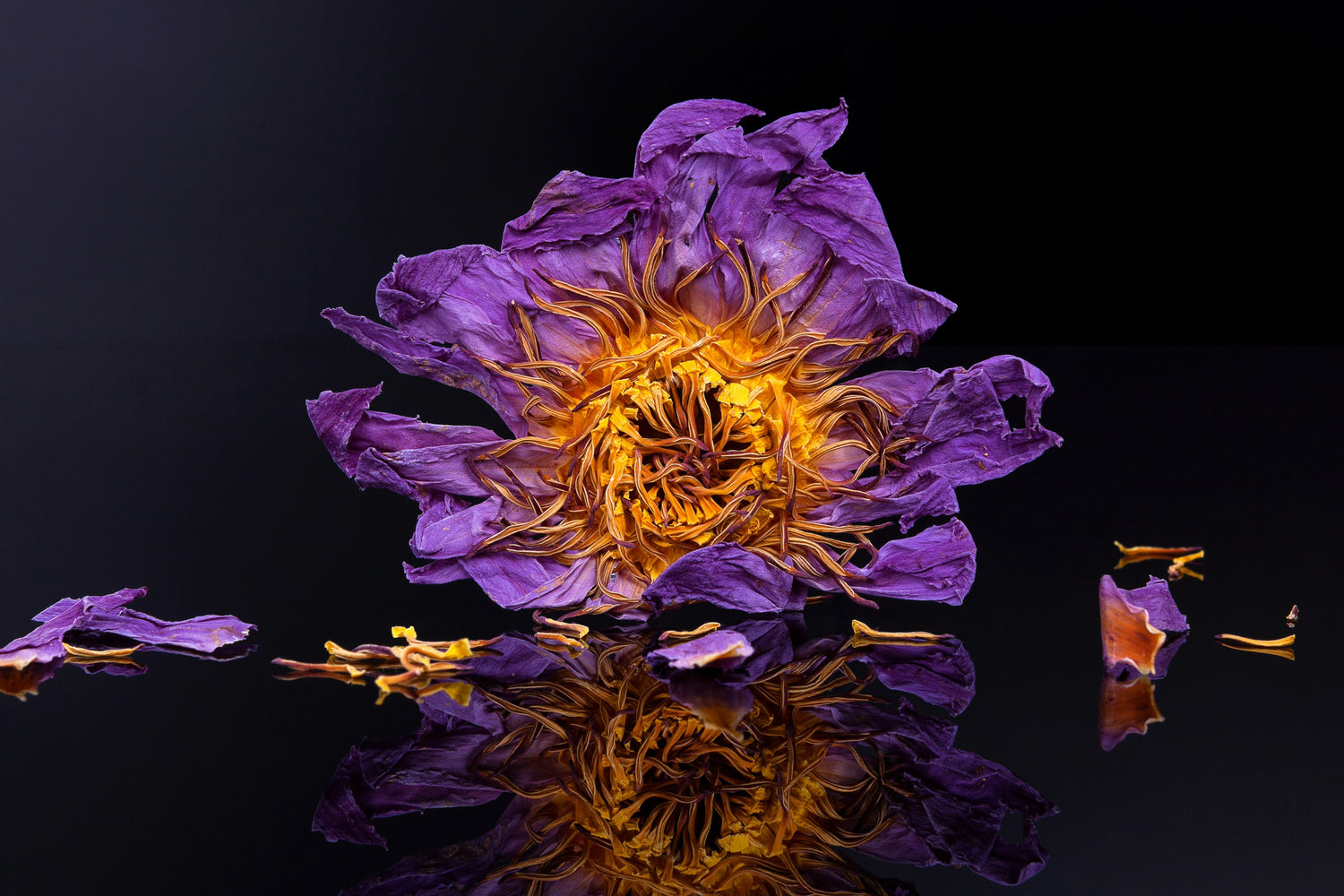
History of Blue Lotus
Blue lotus, or Nymphaea caerulea, was highly valued in ancient Egypt, appearing in art, jewelry, and temple carvings. Its striking blue flowers symbolized the sun, creation, and rebirth, and it was often included in religious ceremonies along the Nile. The plant’s presence in tombs and artifacts highlights its cultural and spiritual significance throughout Egyptian history.
Over the last 2 thousand years this flower has been cultivated, bred and ecologically diversified to include several known cultivars and varieties including the Purple Thai, Egyptian Blue, and other subvarieties.



